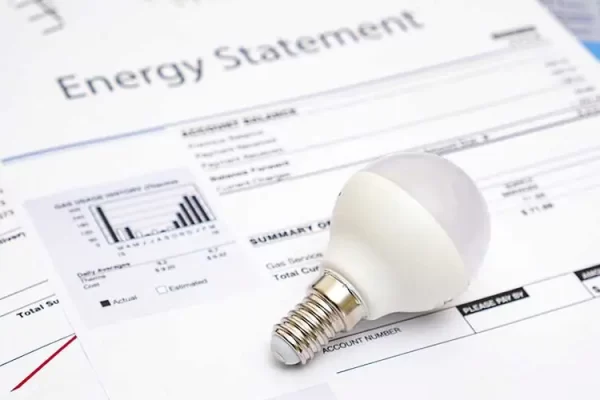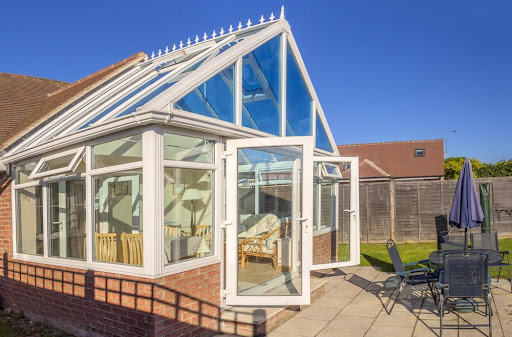Everyone’s living needs and other conditions change as people age. A supportive community and fewer chores at home—whether yard work, cleaning, or any other necessary upkeep—can enhance safety, quality of life, and peace of mind for many older persons.
This peace of mind extends to family members, who can rest assured that their loved one receives a safe balance of freedom, care, and help. But how can you know which is the best option for you? Continue reading to learn more about the various types of retirement communities and crucial points to consider before packing your belongings.
Table of Contents
Amenities and Services
Amenities and services should be your main focus when looking at over 55s retirement villages. Be informed of all of the on-site amenities. The more amenities there are, the nicer and easier your stay will be in the community. Some communities offer 24-hour medical care, transportation services, restaurants, a library, an elder-friendly gym, and much more.
Location
When you think of the perfect house, you might imagine a mansion by the beach – but even if you could afford it, that may not be very feasible. If you’ve lived in a northern state your entire life, moving to a hurricane-prone area may be a bit of a shock that you don’t particularly want to cope with.
Consider any practical issues that may arise in addition to the weather. Will your home be close to healthcare as you get older? Do you like a serene, quiet setting or even a retirement community, or do you prefer to be close to the conveniences of a big city?
You should also evaluate the closeness of your future house to any friends or relatives with whom you maintain contact. Many homeowners feel isolated or lonely, lacking the social network that working offers, particularly when they move out of state to retire. When moving, it should be a consideration if you want to be close to loved ones.
Medical Care
Always choose the best retirement community with the best health care support. Whether a person is physically active, they may require ongoing medical care. As a result, inquire about the type of medical care offered in the retirement village.
House Design
Aside from the style of home you want, such as Victorian or Colonial, you should consider what features will be valuable to you in a retirement home. A large yard, a pool, or complex landscaping that would necessitate a lot of human labor may be things you want to avoid as you become older. If you have mobility issues, too many flights of stairs may be a concern.
Housing Costs in the Long Run
Purchasing a property entails more than just paying the down payment and closing charges. When looking for a home, consider all the potential long-term costs. Home maintenance and repair will arise occasionally, so ensure you can cover those unforeseeable charges in addition to your taxes, monthly mortgage payments, possibly private mortgage insurance, and so on.
Finances
The most crucial factor to consider when purchasing a retirement home is the influence on your budget. When can you pay off your mortgage if you take out one to purchase this home? Will you change your retirement plan to account for mortgage payments and other house expenses? Consider how much of a down payment you’ll need to make, how much you’ll need to save for that, and closing expenses.
Consider how much house you can afford. After you stop working, your income will most likely look different, so remember that you may not have the monthly cash flow you previously did. Ensure your home budget is appropriately centered on your future revenue instead of your current one. If you’re relocating to a new, warmer state, you should consider the impact on your property taxes.
Plans for the Future
When purchasing a retirement home, you should think about your long-term goals for the property, even if they alter. If you intend to remain in the house for decades, you may choose a different residence than if you intend to sell it in 5 years to relocate closer to relatives. In addition, if you intend to utilize the house as an investment property in the future, this will influence the type of home you choose.
Getting Ready to Live a Comfortable Senior Life
Buying a new home, in general, is thrilling, but buying a home to retire is particularly so. Finding a location you can call home is a terrific opportunity, especially if you have more money saved up than when you bought your first house. However, there are many things to consider when hunting, especially if you intend to reside in this house for the foreseeable future.





